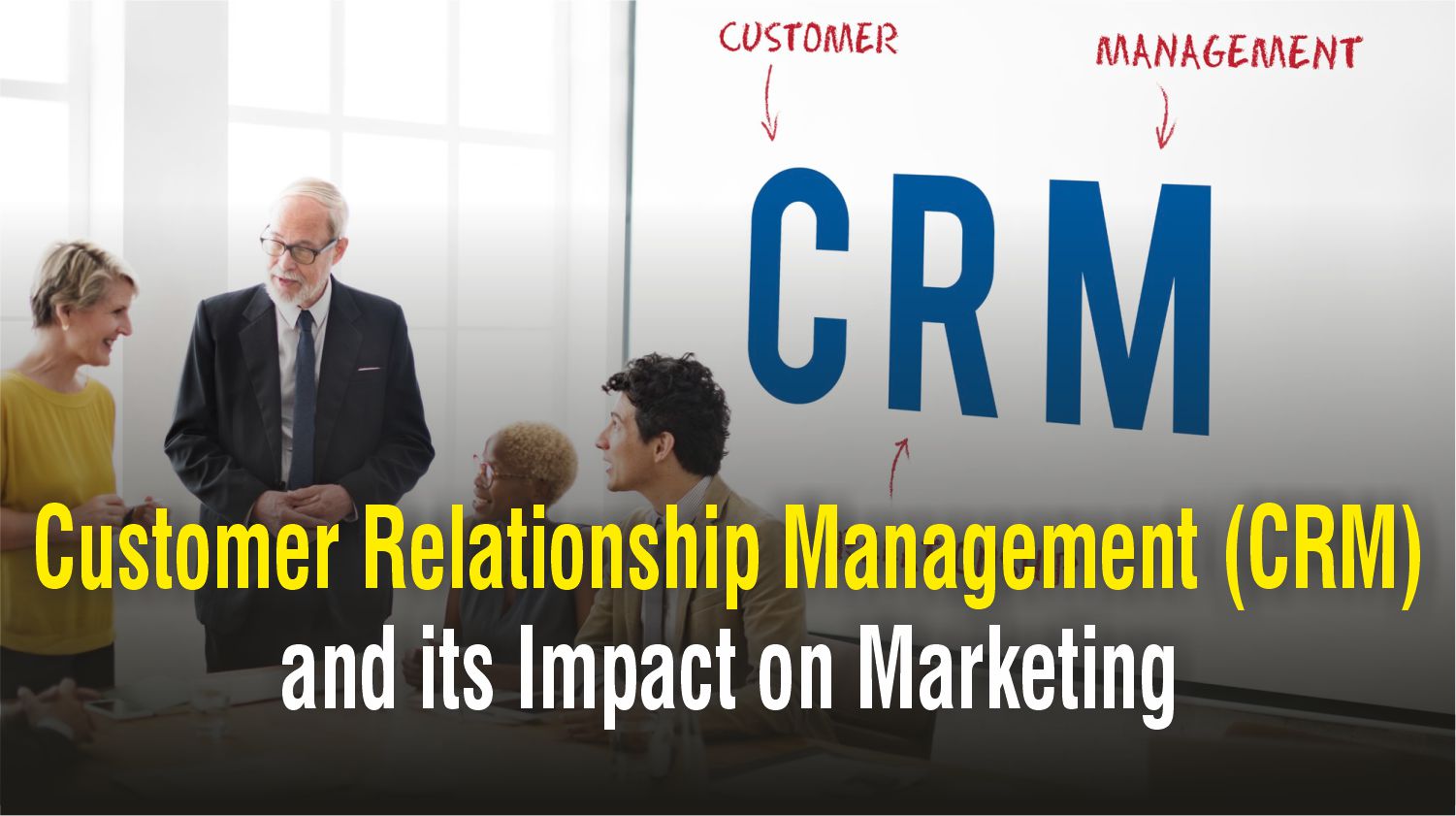Home
-
Blogs on Marketing & Sales Management
-
Customer Relationship Management (CRM) and its Impact on Marketing

Customer Relationship Management (CRM) and its Impact on Marketing
by Vibrant Publishers
In today's competitive business landscape, Customer Relationship Management (CRM) has become a strategic approach that helps businesses build and nurture strong customer relationships. This comprehensive blog explores the concept of CRM and its profound impact on marketing, focusing on improved customer satisfaction, retention, and business growth.

What is CRM and How it Works for Marketing
Customer Relationship Management (CRM) is a set of practices, technologies, and strategies that businesses use to manage and analyze customer interactions. At its core, CRM revolves around a central database that stores valuable customer information, facilitating personalized experiences and solutions.
The Impact of CRM on Marketing
1.Personalization and Targeting:
CRM enables businesses to segment their customer base based on demographics, purchase history, and behavior. This allows marketers to craft highly personalized marketing campaigns that resonate with specific customer groups, leading to increased engagement, conversion rates, and customer satisfaction. (Head to Engage the Right People for Project Success for more)
2. Enhanced Customer Insights:
By analyzing CRM data, businesses gain valuable insights into customer behavior and preferences. These insights help marketers understand customer motivations and needs, allowing for the creation of more relevant and compelling marketing content.
3. Improved Lead Management:
CRM streamlines lead management by automating lead capture, tracking, and nurturing. This enables businesses to prioritize efforts and allocate resources efficiently, leading to higher conversion rates and an efficient sales process.
4. Customer Retention and Loyalty:
CRM facilitates customer retention by enabling businesses to stay connected with existing customers through regular communication, personalized offers, and exceptional customer service. This fosters loyalty and repeat business, creating brand advocates who promote the business through word-of-mouth and online reviews.
5. Cross-Selling and Upselling Opportunities:
CRM identifies customer needs and preferences, enabling businesses to recommend complementary products or services. This leads to increased average order value and an enhanced customer experience.
6. Measurable Results and ROI:
CRM provides measurable results and calculates the return on investment (ROI) of marketing initiatives. Through detailed reporting and analytics, businesses can track the performance of their marketing campaigns and optimize their strategies for maximum impact.
In conclusion, Customer Relationship Management (CRM) has emerged as a powerful tool for modern marketing strategies. By leveraging CRM systems and practices, businesses can transform their marketing approach to a personalized and customer-centric one, leading to improved customer satisfaction, higher retention rates, increased sales, and better overall business performance. Embracing CRM as an integral part of marketing efforts is no longer an option but a necessity in today's competitive business landscape.
Our book Marketing Management Essentials You Always Wanted To Know is packed with all the marketing fundamentals you might need, all in one volume. Pre-order now to sharpen your knowledge and build a sturdy foundation.
Related Blogs -
Why Principles of Management Essentials Is a Must for Managers
Share












